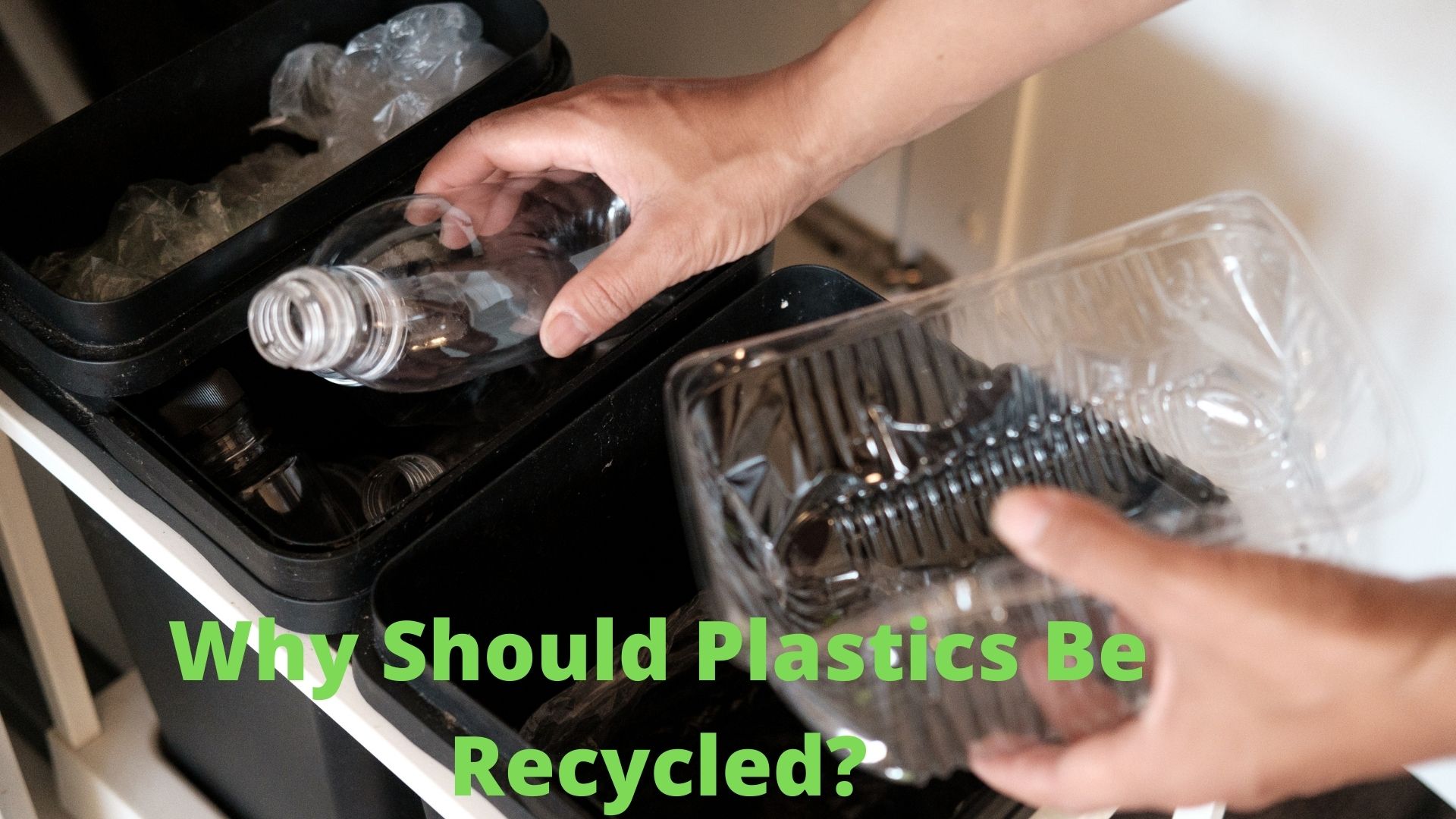Food and beverage containers, garbage and grocery bags, cups and cutlery, children’s toys and diapers, and bottles for anything from mouthwash and shampoo to glass cleaner and laundry detergent are all made of plastic. That’s not even taking into account the plastic used in furniture, appliances, computers, and automobiles.
To summarize, one compelling argument to recycle plastic is that there is so much of it.
Why Should You Recycle Your Plastics?
The use of plastic is increasing
Plastics have become a larger part of our nation’s municipal solid garbage as their use has expanded over time.
Bottled water sales have been consistently expanding for the past decade, according to Statista.
It saves energy and natural resources
Landfill space is saved by recycling plastics
A tone of plastic recycled saves 7.4 cubic yards of landfill space. That’s not to mention the discarded plastic that winds up in the environment, where it breaks down into small fragments (known as microplastics), polluting our land and water and contributing to the Great Garbage Patches in the oceans.
It’s a Simple Process
It’s never been easier to recycle plastics. Whether they participate in a municipal curbside programme or live near a drop-off facility, more than 60% of Indians have easy access to a plastics recycling programme. It’s much easier with an uniform numbering system for plastic types.
Furthermore, many grocery stores now include recycling bins for plastic bags and plastic wrap.
There is always room for improvement
Overall, the amount of plastic that gets recycled is still quite low. According to the EPA, only 4.4 percent of plastics in municipal solid waste streams were recycled in 2021.
Plastic Alternatives
While recycling is crucial, finding alternatives is one of the most effective strategies to reduce the quantity of plastic in our nation’s MSW. Reusable shopping bags, for example, have been increasingly popular in recent years, and they are an excellent way to reduce the quantity of plastic that is generated in the first place.
The Problems with Recycled Plastics
Plastic is widely viewed as an environmental hazard since it is rarely biodegradable. However, plastic is being used to package and develop a growing number of consumer products. Recycling can help reduce the usage of plastic in manufacturing, but it comes with its own set of obstacles and issues.
Plastics that are incompatible
Incinerators and associated equipment are commonly used in recycling procedures to break down plastic items into reusable resin components. While this method has been successful in reducing the usage of new plastics, it is not without flaws. Different plastic goods are frequently incompatible, which is a big issue in this procedure. Because of this difficulty, you can’t always mix recycled and virgin plastics in the same process.
Utilization of Secondary Resources
Typically, products marketed as recycled plastic aren’t manufactured entirely of recycled materials, or even close to it. Many recovered plastic goods may only contain a small percentage of recycled plastic, according to the City of Redding, Calif.’s plastic recycling web page. Recycled plastics frequently contain paper, ink, and remnants from other consumer and industrial items. This element may have an impact on the new product’s quality and recycling benefits.
Only for a limited time
After going through the recycling process, recycled plastic is usually not as strong as it was when it was new. As a result, many items created of recycled plastics cannot be recycled again. Furthermore, the potential for toxicity prevents the recycling of certain plastic containers. Because of the risk of bacteria, recycled plastic cannot be used to make food containers or packaging. Because of the dangers they represent, plastic containers used to hold hazardous products such as insecticides are not recyclable.
Value Reduction
Original or virgin plastic is more valuable than recycled plastic. The demand for recycled plastics in the industrial economy is influenced by this factor. If a company wishes to develop a plastic-based product or component, the desire to use recycled materials is tempered by the customer’s possible loss of perceived value. Processes to increase the quality of recycled plastic are being investigated on a continuous basis. However, for some items, industrial enterprises still choose raw plastic.
Suggested Read: Swachhbharat
Hi, I am Adam Smith, Admin Of TechSketcher, Creative blogger and Digital Marketer.
